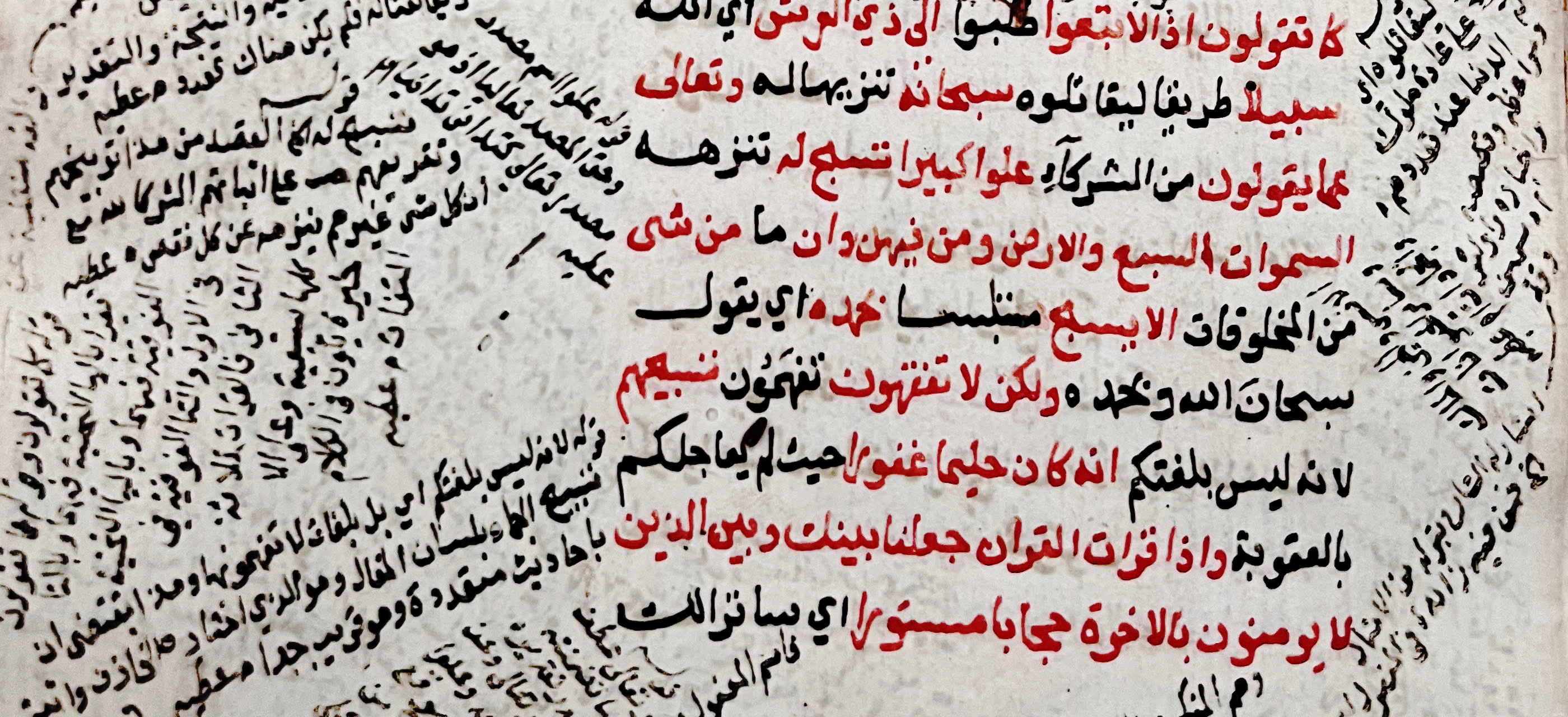British foreign policy towards the Sultanate of Muscat and Oman 1954 - 1959.
Contenu
- Titre
- British foreign policy towards the Sultanate of Muscat and Oman 1954 - 1959.
- Type
- PhD
- Auteur
- Timpe, Lawrence G.
- Date
- 1991
- Résumé
-
This dissertdtion examines British Foreign Policy toward
the Sultanate of Muscat and Oman, 1954-1959. The
theoretical framework is clientelism. The patron-client
relationship develops over a lengthy period. The
Anglo-Omani relationship was uninterrupted from the 1600s
through the subject period.
and British efforts to later in Kuwait achieve included their
the
interests in
establishment
India
and
maintenance of the Al Bu Said family as Oman's hereditary
monarchs. Britain signed anti-slave trade treaties with
Oman in the nineteenth century to eliminate it as a
regional economic threat; and separated the wealthy
Zanzibar dominions from the control of Muscat's
leadership. This "divide-and-rule" policy resulted in both
Oman and Zanzibar becoming dependent on Britain.
The 1913-1920 disturbance between the Sultan and
shaikhs from the country's interior led to the British
mediated Agreement of ai-Sib. The record shows that the
events were different than what had been portrayed in
various memoirs.
Said ibn Taimur. the British educated Sultan, wanted
political reunification of the interior with the coastal
plains under his leadership. This was accomplished by the
Sultan's forces with minimal opposition when the Imam died
in 1954. The rebel leadership returned in 1956 with Saudi
Arabian trained and armed troops. The rebels were defeated
but the Sultan needed British military support.
Britain's disproportionate response to the limited and
localized opposition necessitated the rapid cover-up of
damage to the interior's vii lages. The patron-client
relationship strained almost to the breaking point. The
British wanted to "cover-up" the damage they had wrought;
the Sultan wanted to enhance his military capacity and to
withdraw from the protective but overbearing relationship
with Great Britain.
The official records for the period are used
extensively. For the first time, an academic work that
discusses the events of the last half of the 1950's does
not rely on personal interviews. - Editeur
- University of Exeter
- Place
- Exeter
- Langue
- eng
Position : 8422 (37 vues)

